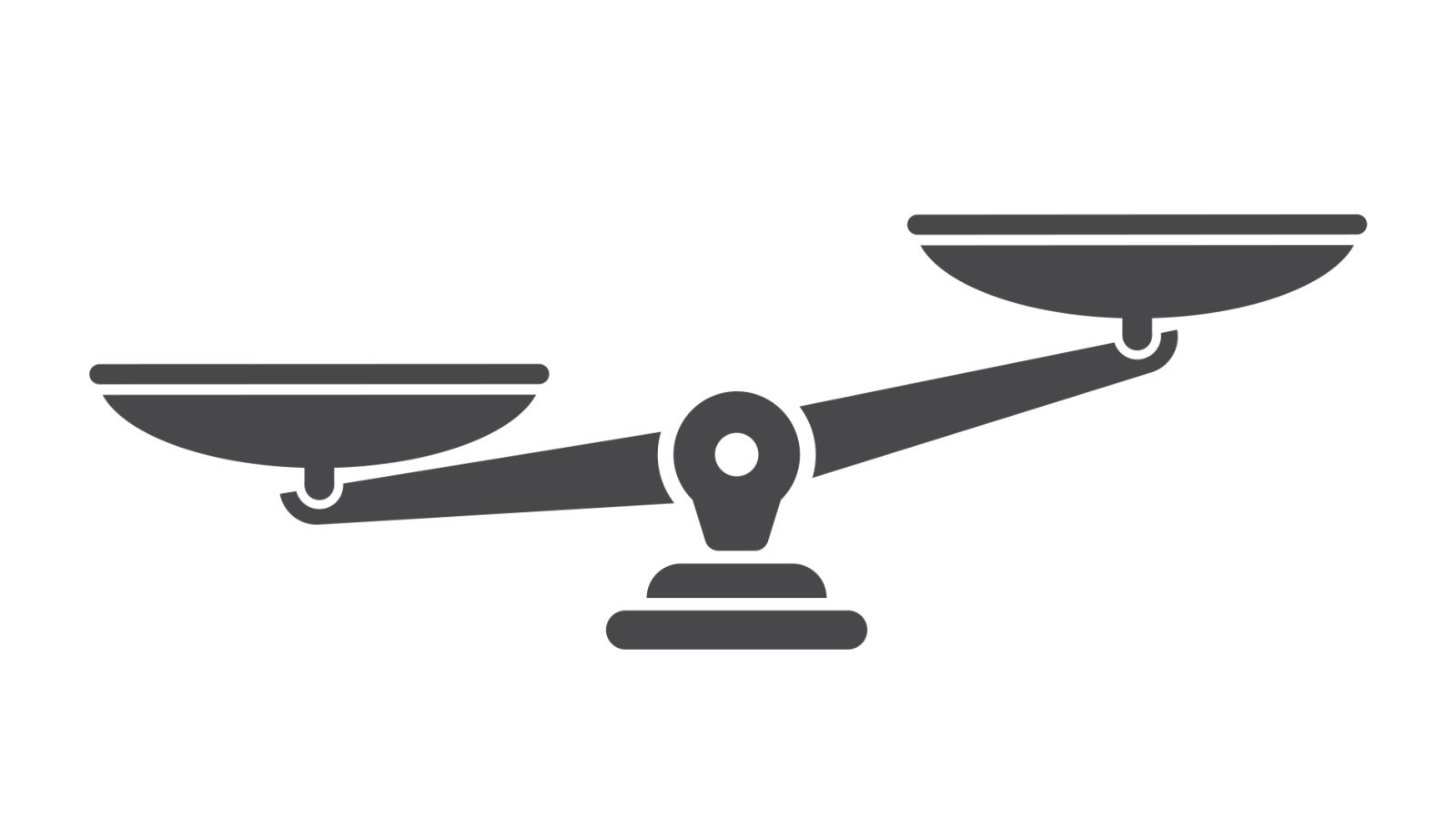Clarity


So it is clear that openly opposing the innovators is of general benefit to the Muslims and is considered one of the types of jihād (struggle) in the path of Allāh. Since purifying the religion of Allāh and defending it from their attacks is a collective obligation – as is agreed upon by the scholars.
Defending the Religion
Imām Aḥmad Ibn Ḥanbal (d.241H) – raḥimahullāh – said:
“All praise is due to Allāh who, in every age and interval between the Prophets, raises up a group from the people of knowledge, who call the misguided to guidance, patiently bearing ill-treatment and harm. With the Book of Allāh, they give life to the dead and with the Light of Allāh they give sight to the blind. How many a person killed by Iblīs (the Devil) they have revived? How beautiful their effect has been upon the people, and how vile the people have been towards them. They expel from the Book of Allāh the alterations of those going beyond bounds, the false claims of the liars, and the false interpretations of the ignorant ones – those who uphold the banner of innovation and let lose the trials and discords; who upon the Book, oppose the Book and agree upon opposing the Book. They speak about Allāh and his Book without knowledge, argue about what is ambiguous in the Book, and deceive the ignorant ones with such ambiguities. We seek refuge in Allāh from the trials of the misguided ones.”1
Shaykh al-Islām Ibn Taymīyyah (d.728H) – raḥimahullāh – said:
“When some people said to Imām Aḥmad Ibn Ḥanbal that they felt uneasy about criticizing people, he replied:
“If I were to remain silent, how would the ignorant masses know the truth from falsehood?”
Those who introduce heretical writings which oppose the Qurʾān and Sunnah and those who innovate in matters of worship, then it is obligatory that they be exposed and that the Muslims be warned against them – by unanimous agreement of the Muslim scholars. In fact, when Imām Aḥmad Ibn Ḥanbal was asked about a man who fasted, prayed, and secluded himself in the mosque for worship; if he was dearer to him than a person who spoke against the people of innovation (Ahl al-Bidʿah), he replied:
“When he fasts and prays and secludes himself, then he does so for the benefit of his own self. However, when he speaks out against the innovators, he does so for the benefit of the Muslims in general, and this is more virtuous.”
So it is clear that openly opposing the innovators is of general benefit to the Muslims and is considered one of the types of jihād (struggle) in the path of Allāh. Since purifying the Religion of Allāh and defending it from their attacks is a collective obligation – as is agreed upon by the scholars. For if Allāh did not raise up some people to oppose the innovators, then the Religion would suffer harm, corruption, and deviation. Indeed this type of corruption is even greater than the corruption resulting from the corruption of the disbelievers conquering the Muslims. When the unbelievers conquered the Muslims, they do not corrupt their hearts, or their Religion, except after some time. Whereas the innovators corrupt the hearts from the very beginning.”2
Uniting the Ranks Upon the Truth
Shaykh ʿAbd al-ʿAzīz Ibn Bāz (d.1420H) – raḥimahullāh – said:
“There is no doubt that it is obligatory upon the Muslims to unify their ranks and to unite their word upon truth and to cooperate in goodness and piety against the enemies of Islām – as Allāh the Most Perfect ordered them with His statement:
“And hold fast altogether to the rope of Allāh and do not become divided.”
[Sūrah Āl-ʿImrān, 3:102]
And likewise, Allāh has warned the Muslims against splitting-up, as occurs in His – the Most Perfect’s – saying:
“And do not be like those who differed and split-up after the clear evidence came to them.”
[Sūrah Āl-ʿImrān, 3:105].
However, the order to unify the Muslims and to unite their word upon the truth and to hold fast to the rope of Allāh, does not necessitate that they should not censure wrong beliefs and practices – whether from the Ṣūfīs or from other than them. Rather what the order to hold fast to the rope of Allāh necessitates is: to order the good, forbid the evil, and also clarify the truth – with clear Sharīʿah evidence – to whomsoever is misguided or has a mistaken opinion, until they unite upon the truth and turn away from that which opposes it. All of this is included in His – the Most Perfect’s – saying:
“And help you one another in righteousness and piety, and do not help one another in sin and transgression.”
[Sūrah al-Maʾidah, 5:2]
And His – the Most Perfect’s – saying:
“Let there arise from amongst you a group of people calling all that is good, enjoining the good and forbidding the evil, they are the ones who shall be successful.”
[Sūrah Āl-ʿImrān, 3:110]
And when the people of truth withold from clarifying the mistakes of those who have erred or are mistaken, then they will not have achieved what Allāh ordered them with, as regards calling to goodness, ordering the good and forbidding the evil. So the person in error will remain upon his error, and the person acting in opposition of the truth will remain upon his opposition. And this is contrary to what Allāh – the Most perfect – prescribed, with regards to sincere advice, cooperation upon goodness, ordering the good and forbidding the evil – and Allāh alone is the One who grants success.”3
Shaykh ʿAbd al-ʿAzīz Ibn Bāz was asked about the correctness of the statement: “We should unite upon that which we agree, and excuse each other for that in which we disagree.” The Shaykh commented:
“Yes! It is obligatory to cooperate in that which we agree, by aiding the truth, calling to it and warning against that which Allāh and His Messenger (ﷺ) have prohibited. As for excusing each other for that in which we differ – then this is not to be taken in an absolute sense, but rather in a general one. Thus if the difference involves a particular issue of ijtihād (independent reasoning) wherein the proofs are deep and detailed – then it is obligatory not to censure or reproach one another. However, if it opposes a clear text of the Book and the Sunnah, then it is obligatory to correct the one who has opposed the clear texts, but with wisdom, beautiful admonition, and debating in the best possible manner, acting upon the statement of Allāh the Exalted:
“And help you one another in righteousness and piety, but do not help one another in sin and transgression.”
[Sūrah al-Maʾidah, 5:2]
And His – the Most Perfect’s – saying:
“The Believers – men and women – are protectors to each other, they order the good and forbid the evil…”
[Sūrah al-Tawbah, 9:71]
And the statement of Allāh the Mighty and Majestic:
“Invite to the way of your Lord with wisdom and beautiful admonition, and argue with them in ways that are better.”
[Sūrah al-Naḥl 16:125]
And he (ﷺ) said:
“Whosoever sees an evil, then let him change it with his hand. If he is unable to do this, then with his tongue, and if he is unable to do this, then with his heart. And that is the weakest of īmān (faith).”4
And he (ﷺ) said:
“Whosoever directs a person to do good, will have a reward similar to the one who does that good.”5
And the āyāt and aḥādīth with this meaning are plenty.”6
Endnotes:
[1] ar-Radd ‘alal Jahmiyyah waz-Zanādiqah (p. 2) of Imām Aḥmad Ibn Ḥanbal.
[2] Majmūʿ al Fatāwá (28/231-232).
[3] Tanbīhāt fī Radd ʿalá man Ta`wwalis Sifaat (p. 31-32).
[4] Related by Muslim (2/21), from Abū Saʿīd al-Khudrī (raḍī Allāhu ʿanhu).
[5] Related by Muslim (13/38), from Abū Masʿūd al-Anṣārī (raḍī Allāhu ʿanhu)
[6] Tanbīhāt fī Radd ʿalá man Ta`awwalis Sifaat (p. 14-15).

















